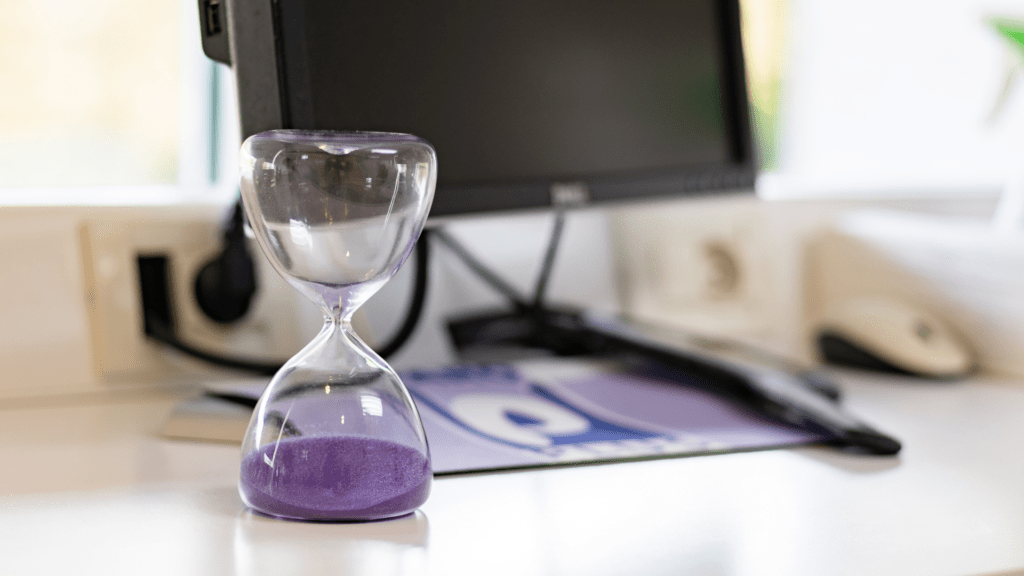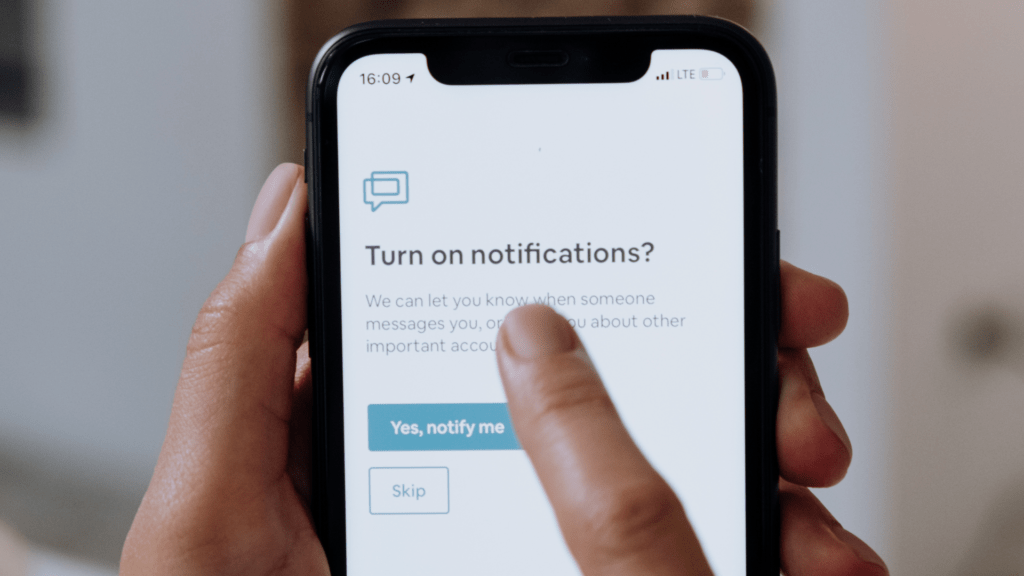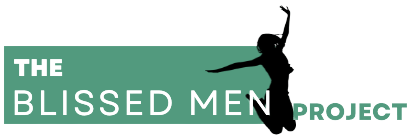The rise of smartphones and the internet has made social media more accessible than ever, leading to a significant increase in the number of people affected by this addiction. The constant need to check notifications, post updates, and engage with online content can create a sense of urgency and dependency, making it difficult for individuals to disconnect. Here is all you need to know about Social Media Addiction.
What is Social Media Addiction?

Social media addiction is a behavioral disorder characterized by an excessive and compulsive use of social media platforms. It is often compared to other forms of addiction, such as substance abuse or gambling, because it involves a similar cycle of behavior that can disrupt daily life and lead to negative consequences. Individuals with social media addiction may find themselves unable to control their use of platforms like Facebook, Instagram, Twitter, and TikTok, spending an excessive amount of time online to the detriment of their real-life responsibilities and relationships.
Trapped in Feeds of Social Media Addiction

The prevalence of social media addiction is a growing concern, with numerous studies highlighting the widespread nature of the problem. According to a 2020 survey by the Pew Research Center, approximately 72% of adults in the United States use social media, with young adults aged 18-29 being the most active users. Among this age group, nearly 90% use social media, and many report spending several hours per day on these platforms.
A study published in the journal Computers in Human Behavior found that around 5-10% of social media users exhibit signs of addiction. This may seem like a small percentage, but given the billions of people using social media worldwide, it translates to a significant number of individuals struggling with this issue. Additionally, research by the Royal Society for Public Health in the UK revealed that social media use is linked to increased levels of anxiety, depression, and poor sleep among young people.
Signs of Social Media Addiction
Recognizing the signs of social media addiction is crucial for addressing the problem. Some common indicators include:
- Excessive Time Spent Online: Spending a disproportionate amount of time on social media, often at the expense of other activities such as work, school, or personal relationships.
- Neglecting Responsibilities: Failing to fulfill obligations or duties because of the time spent on social media. This can include missing deadlines, neglecting household chores, or skipping important events.
- Withdrawal Symptoms: Experiencing anxiety, irritability, or restlessness when unable to access social media. These feelings can be similar to withdrawal symptoms seen in other forms of addiction.
- Preoccupation with Social Media: Constantly thinking about social media, even when not online. This can include planning future posts, worrying about likes and comments, or feeling a need to check notifications frequently.
- Escaping from Real Life Problems: Using social media as a way to escape from real-life stressors or emotional issues. This can lead to a cycle of avoidance and increased dependency on online interactions for validation and comfort.
- Impact on Mental Health: Experiencing negative emotions such as jealousy, depression, or low self-esteem as a result of comparing oneself to others on social media. This can be exacerbated by the curated and often unrealistic portrayals of life seen online.
How to Deal with Social Media Addiction
Dealing with social media addiction requires a multifaceted approach that addresses both the behavior and its underlying causes. Here are some strategies that can help:
Set Time Limits
Establish boundaries for social media use by setting specific time limits each day. Use apps or built-in phone features to track and control screen time.
Create a Schedule

Designate certain times of the day for social media use, and stick to this schedule. Avoid using social media during work, study, or family time.
Practice Digital Detox
Take regular breaks from social media to reset and refocus. This can be a few hours each day, one day a week, or even longer periods like a weekend or vacation.
Engage in Offline Activities

Find alternative activities that can replace social media use, such as hobbies, exercise, reading, or spending time with loved ones. This can help reduce dependency and provide a healthier balance.
Seek Support
Talk to friends, family, or a mental health professional about your social media use and its impact on your life. Support from others can provide accountability and encouragement.
Mindfulness and Self-Reflection
Practice mindfulness techniques to become more aware of your social media habits and their effects. Reflect on why you use social media and how it makes you feel, and make conscious choices about your online behavior.
Adjust Notifications

Turn off non-essential notifications to reduce the urge to check your phone constantly. This can help minimize distractions and allow you to be more present in your daily life.
Curate Your Feed
Unfollow or mute accounts that trigger negative emotions or unhealthy comparisons. Follow accounts that inspire and uplift you, and engage with content that promotes positivity and personal growth.
Final Word From Blissed Men
Social media addiction is a pervasive issue in today’s digital age, affecting millions of people worldwide. While social media platforms offer valuable opportunities for connection and information, excessive use can lead to significant negative consequences, including mental health issues, relationship problems, and decreased productivity.
Recognizing the signs of social media addiction and taking proactive steps to address the behavior is crucial for maintaining a healthy balance between online and offline life. By setting boundaries, engaging in alternative activities, seeking support, and practicing mindfulness, individuals can regain control over their social media use and improve their overall well-being.
As society continues to navigate the complexities of digital technology, it is essential to promote awareness and education about the potential risks of social media addiction. By fostering a culture of responsible and mindful use, we can harness the benefits of social media while mitigating its negative impacts, leading to a healthier and more balanced digital future.

